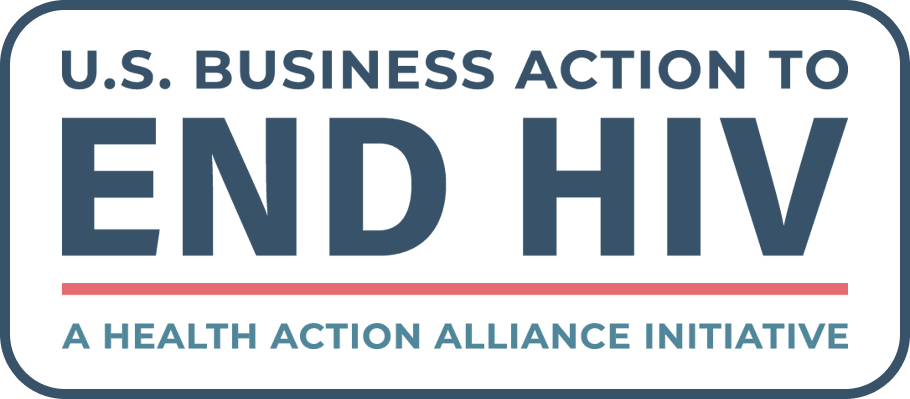
| TBD Panels | 3-Panel STD Test | 9-Panel STD Test | 5-Panel STD Test | 3 Site: Oral, Rectal, Genital |
|---|---|---|---|---|
| Chlamydia |  |  |  |  |
| Gonorrhea |  |  |  |  |
| Trichomoniasis |  |  |  | |
| HIV (Ag/Ab) |  |  | ||
| Syphilis |  |  | ||
| Hepatitis B & C |  | |||
| HSV I |  | |||
| HSV II |  |
- 8 E Charleston Blvd
- Las Vegas, NV 89104
- Tues and Fri
- 10 AM – 2PM
- Contact us:
- +1 (702) 909-0554
- hello@tbd.health

| TBD Panels | 3-Panel STD Test | 9-Panel STD Test | 5-Panel STD Test | 3 Site: Oral, Rectal, Genital |
|---|---|---|---|---|
| Chlamydia |  |  |  |  |
| Gonorrhea |  |  |  |  |
| Trichomoniasis |  |  |  | |
| HIV (Ag/Ab) |  |  | ||
| Syphilis |  |  | ||
| Hepatitis B & C |  | |||
| HSV I |  | |||
| HSV II |  |

Sexually transmitted infections (STIs) are incredibly common and nearly 1 in 2 people will experience at least one STI in their lifetime. However, many STI myths still remain! One common question that arises is whether it is possible to have an STI and still test negative. So let's explore this topic and shed light on the importance of testing for STIs, regardless of symptoms or previous test results.
Can you have an STI and test negative? The answer may surprise you.
Section 1: Understanding STIs and Testing
What are STIs?
STIs, also known as sexually transmitted diseases (STDs), are infections that are spread through sexual contact, including vaginal, anal, and oral sex. There are different STIs, including chlamydia, gonorrhea, syphilis, human papillomavirus (HPV), herpes, and HIV. These infections can have serious health consequences if left untreated.
How are STIs diagnosed?
STIs are typically diagnosed through testing. The most common methods of testing include urine tests, blood tests, and swab tests of the area in question. Depending on the type of infection, different tests may be required. It is important to note that not all STIs show immediate symptoms, which is why testing is crucial, even if you feel fine.
TBD Recommends: 3-Panel STD Test
False Negative Results
Subheading: Can you have an STI and test negative?
Yes, it is possible to have an STI and test negative. False negative results can occur for several reasons. Firstly, the timing of the test plays a crucial role. Some STIs take time to develop and become detectable through testing. For example, HIV can take up to three months after exposure to show up on a test. Additionally, the accuracy of the test and the quality of the sample collected can also impact the results.
Factors affecting test accuracy
There are certain factors that can affect the accuracy of STI tests. These include the type of test used, the timing of the test in relation to exposure, and the presence of other infections that may interfere with the results. It is important to consult with a healthcare professional to ensure that the right tests are performed at the appropriate times.
Learn More: Which STD Test Do I Need?
Importance of Testing and Early Detection
Why is testing important?
Testing for STIs is crucial for several reasons. Firstly, it allows for early detection and treatment, which is key in preventing the spread of infections and reducing the risk of complications. Secondly, testing helps to break the chain of transmission by identifying and treating infected individuals. Lastly, testing provides an opportunity for education and counseling on safe sexual practices and prevention methods.
The role of early detection and treatment
Early detection of STIs can significantly improve outcomes. Prompt treatment can help prevent the development of complications, such as infertility, chronic pain, and increased risk of HIV transmission. Additionally, early detection allows for effective contact tracing, informing sexual partners of potential exposure, and encouraging them to get tested and treated.
It is possible to have an STI and test negative?? False negative results can occur due to various factors, including the timing of the test and the accuracy of the test itself. Therefore, it is essential to prioritize regular testing for STIs, regardless of symptoms or previous test results. Testing not only helps in early detection and treatment but also plays a crucial role in preventing the spread of infections and promoting overall sexual health. If you haven't been tested recently, we encourage you to visit TBD Healthcare Clinic to ensure your sexual well-being. Remember, knowledge is power when it comes to your health!
Email us and a team member will get back to you within 24 hours. We’re also available via call or text at +1 (702) 909-0554
Sign up below to get 10% off
By providing my email address, I agree to receive email with marketing communications from TBD Health including news, promotions and exclusive offers. I understand that I can opt out at any time by using unsubscribe links. Visit our Terms of Service or Privacy Policy for more information.









